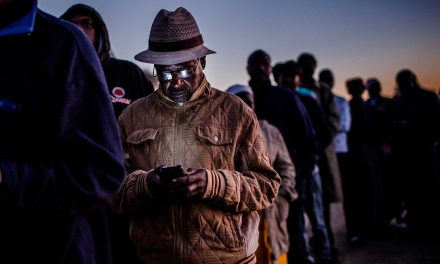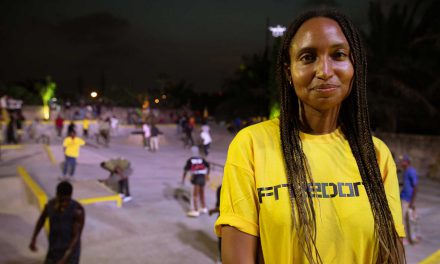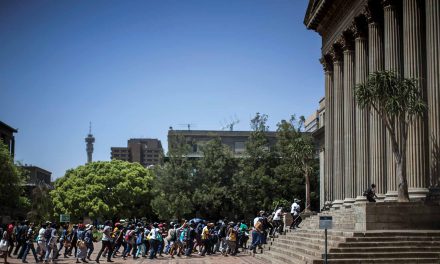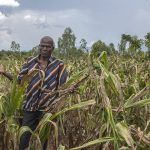In a bid to harness the skills and economic clout of its diaspora, Togo’s government has developed an inclusive strategy to encourage citizens abroad to carry out projects in the country and participate in economic, social and cultural development.
The government recognises that the state cannot fulfil its development ambitions on its own and that the diaspora is important to its efforts for more inclusive governance. In a bid to achieve this, the government has developed a plan involving various projects to harness the skills and financial resources of those in the diaspora.
Remittances from the diaspora, which are now more important than Official Development Assistance (ODA) and Foreign Direct Investments (FDI), have become the main external source of financing for private sector projects. According to data from the World Bank, the contributions of the Togolese diaspora through financial transfers represent nearly 7.7% of GDP.
For example, currency transfers went from $451 million in 2018 to $458 million in 2019. In 2020, the amount dropped to $441 million, but this was attributable to Covid-19 and, overall, Togo is one the countries in the sub-region with the highest rate of transfers, ahead of countries such as Nigeria and Ghana.
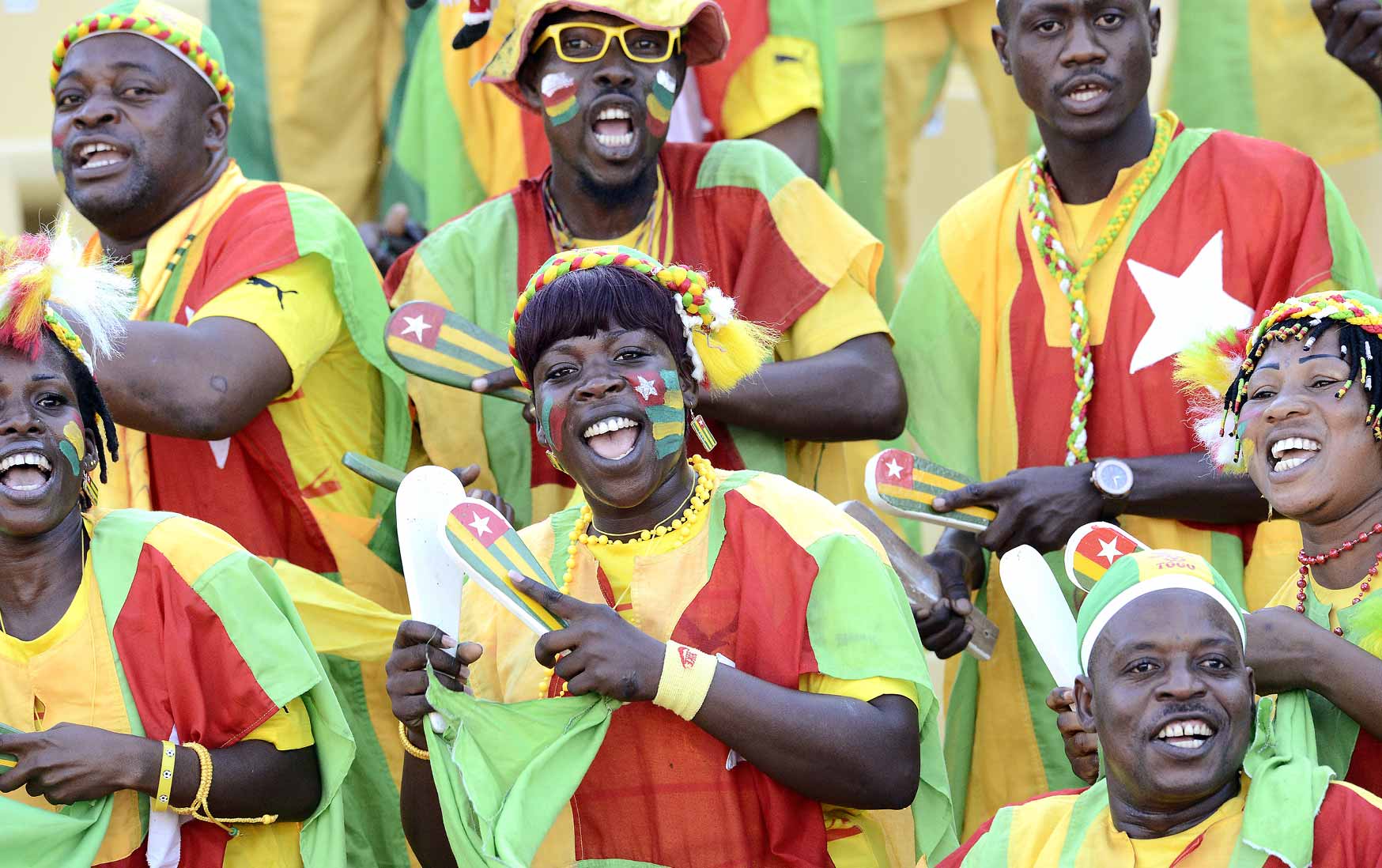
The contribution of the Togolese in the diaspora is therefore crucial for the country to achieve its ambition to mobilise resources to finance its five-year development (2020-2025) plan. In a bid to achieve this, the government has developed a plan involving various projects that since 2009 include the installation of a High Council of Togolese Abroad (HCTE), the creation of a High Commissioner for Returnees and Humanitarian Action (HCRAH), and the adoption of a law assisting citizens in the diaspora to participate in elections.
More recently, set up in 2021, the government’s Diaspora Window aims to help citizens in the diaspora with a flexible and inclusive platform supporting their return and investment in the country.
Coordinator of the Diaspora Window, Safiou Radji, says the initiative is not only to help diaspora project leaders complete administrative formalities but, more importantly, help them draw up business plans, find partners and even find funding.
Following overtures from Togolese authorities, Vias Michel Messan, the general manager of AguiTech, a company specialising in technology transfer, returned to Togo in 2021 to launch a project to set up a bio-fertiliser and bio-pesticide manufacturing plant.
“We decided to return to the country to launch our various projects, which will facilitate the transfer of technologies, because we feel that the country needs our participation. It’s much easier when it’s the authorities of your country who call on you because they need your expertise,” Messan explained.
He acknowledged the multifaceted support his project had received from the government. “We have benefited from a tax exemption from the Togolese revenue office for the customs clearance of our equipment, thanks to the support of the Diaspora Desk, which is also supporting us to find the necessary funding.”
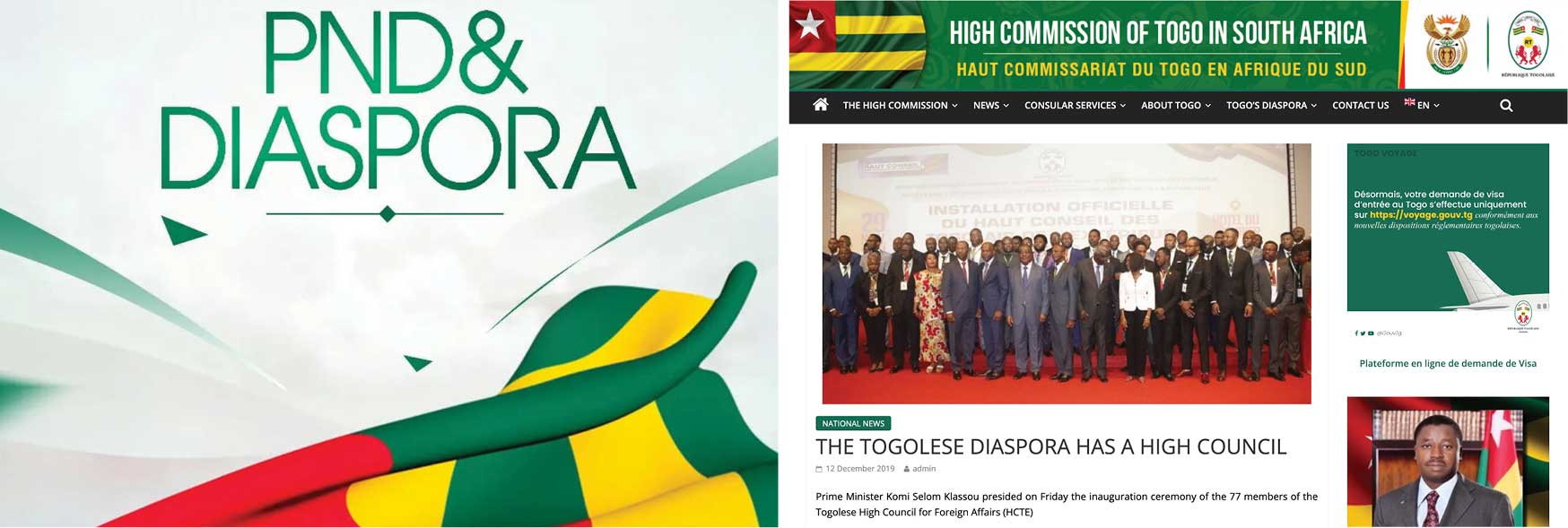
Noting with satisfaction that the factory now employed 200 people, Messan said they were also in the process of setting up a private-public partnership with the government.
Edem d’Almeida, the Director of Africa Global Recycling, a leading waste collection and recovery company, also chose to return.
“I returned to the country because I was motivated by my desire to create economic opportunities and to provide solutions, following the government’s call to those in the diaspora to contribute to the development of the country,” he said.
D’Almeida, the winner of various prizes, including the International Francophonie Day prize for Youth and Green Jobs, fully believes in the opportunities and possibilities for development created by the diaspora outreach initiative, and its ability to move the country forward.
Since 2022, Togo has also had a support platform to facilitate partnerships between the diaspora within a framework of decentralised partnerships with municipalities in the country, as well as to prepare for the creation of an investment fund for Togolese of the exterior (FITEX). To support these initiatives, Togo last year carried out a digital census of its diaspora, the first of its kind in the country’s history, with the technical support of the International Organization for Migration (IOM).
The census had several objectives, including aligning the skill sets of citizens abroad to various programmes to maximise the potential mutual benefits of their participation in socioeconomic development projects, as well as creating a skills map of Togolese living abroad. From the census, the authorities plan to create a database of skills and qualifications that they hope will alleviate the country’s shortage of skilled labour.
Since 2015, the government’s several programmes designed to include the diaspora in development initiatives have led to the creation of some 50 companies operating in almost all sectors, and Togo is keen to position itself as a model of success to promote inclusive governance. In February 2021, the Conference of Heads of State and Government of the African Union (AU) adopted a proposal from Togo, decreeing 2021-2031 the “decade of African roots and diasporas” aimed at getting other African countries to involve their own diaspora communities in achieving development goals.
Blame Ekoué is the Togo correspondent for the BBC and for Paris-based media house, ANA. He has also reported for Associated Press and Radio France International. He holds a BA in Communications from the Leader Institute in Lomé. Formerly deputy editor of the West Africa Revue, he has been a contributor to the Lome-based Business and Finance magazine since 2015.



